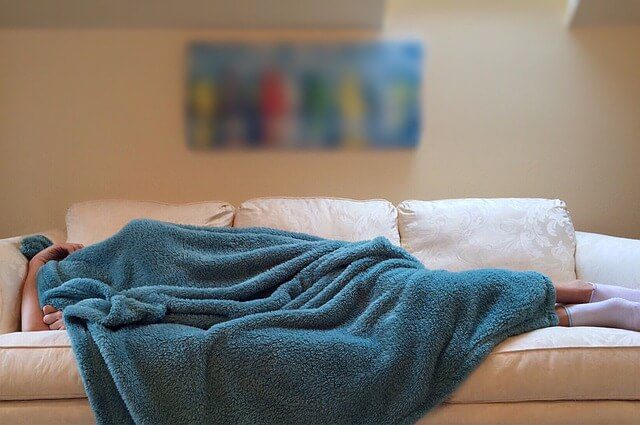Bruxism Teeth Grinding | Signs & Causes of Teeth Grinding
By: Dr. Rajan Sharma

Are you suffering from bruxism teeth grinding? If you’ve ever woken up with a sore jaw or neck, you may suffer from bruxism. If you’ve ever felt yourself clenching your jaw, you may be grinding your teeth. Many people are unaware of this activity, but it can cause lasting damage.
Bruxism is the grinding or clenching of teeth. When this condition occurs during sleep it is called ‘sleep bruxism’. By contrast, ‘awake bruxism’ occurs during waking hours. Regardless of when teeth grinding occurs, it can cause pain and discomfort to the surrounding muscles in the neck, jaws, and ears. It can cause headaches and earaches and wear down teeth. Bruxism Teeth Grinding can also damage crowns and bridges.
Bruxism Teeth Grinding Symptoms
If you suspect that you are grinding your teeth during the night, but are unsure if you have bruxism, here are some signs to look for bruxism dental grinding:
- Teeth grinding (sometimes audible to a sleeping partner)
- Chipped or loose teeth
- Worn tooth enamel
- Tooth pain or sensitivity
- Tight or sore jaws, face, or neck muscles
- Headaches or earache
Potential Causes of Bruxism
Anxiety and stress are thought to result in bruxism teeth grinding, but the causes could be genetic or a combination of the two. Children seem to be more prone to teeth grinding which is something they usually grow out of. Bruxism can also be a side effect of medications or a result of consuming caffeine, alcohol, and cigarettes. Certain sleep disorders, as well as certain mental health issues, have been linked to bruxism.
Regardless of the cause of bruxism, the result can seriously impact the quality of life. It is important to consult with a dental professional for a proper diagnosis and treatment plan for bruxism dental grinding.
Damage Caused by Bruxism
In addition to dealing with headaches and sore jaw and neck muscles, bruxism can damage teeth. Crowns and restorations can be cracked and chipped. Teeth can be ground down or even loosen and fall out. In a worst case scenario, if unaddressed, bruxism teeth grinding could lead to the need for root canal treatment or dental implants or bridges and dentures.
How to Stop Grinding your Teeth
There are few treatment for bruxism teeth grinding you can do:
- Lower Stress – Learning to properly deal with daily stress helps us relax and sleep better.
- Sleep Better – Learn to relax before bed, take a warm bath, avoid caffeine and other stimulants. Avoid alcohol that disrupts REM stage sleep.
- Be Mindful – Being aware of when we are grinding our teeth allows us to relax our jaws and shift our thinking away from stressful thoughts.
- Seek Professional Advice – Ask your dentist about a night guard and for other tips on preventing teeth grinding.
- Wear a Mouth Guard – Have your dentist fit you with a mouth guard. Mouth guards are worn at night to prevent upper and lower teeth from making contact.
Schedule a Checkup Today!
If you think you suffer from teeth grinding bruxing, don’t put off treatment. The professionals at EON Clinics are experts in this area, as well as in tooth extraction and repair, tooth replacement, and restoration. Schedule an appointment online today or call us at 800-250-3500.
